Buildings are in many respects like cars; they’re a synthesis of a number of mechanical systems with lots of moving parts. To keep a car running at peak performance, it requires regular maintenance: oil changes, engine tune-ups, regular emissions inspections. Buildings are the same. If a boiler is not properly maintained, its efficiency drops, and heating costs increase. If roofs or facades aren’t inspected and kept up, they can leak, causing water damage to interior walls, wiring, and ceilings. The key to avoiding these problems is staying on top of them with regular inspections and upkeep. To that end, scheduling is everything when it comes to maintaining optimal performance.
Why Inspect, and When?
“Preventive maintenance helps extend the useful life of a building’s infrastructure and makes sure all systems operate effectively and efficiently,” says Dan Wollman, CEO of Gumley Haft, a management firm based in Manhattan. “It also allows us to evaluate where cost savings may be found, as well as forecasting major repairs which become necessary as buildings age. Inspections, servicing major building equipment systems, and assessing what needs to be repaired or replaced, all fall under year-round schedules of preventive maintenance. At Gumley Haft, we set up preventive maintenance programs in all our buildings to oversee different building systems at different times of year. Programs like these are very important to how a building operates optimally.”
Scott Wolf, managing partner at BRIGS Property Management located in Boston, Massachusetts, adds, “Regular maintenance of building components extends the life and allows for fewer unanticipated shutdowns due to failure of the equipment. The cost of maintenance is worth the long-term gains.” Keeping systems in top shape is the key to keeping both operating and capital costs under control. Regularly scheduled inspection and maintenance are the keys to that control.
Inspections are done primarily by management and staff, and by vendors providing maintenance contracts to condominium associations and co-op corporations. Few inspections are done by state or municipal authorities (the exception being elevators). While vendors’ contractual obligations usually include monthly inspections, state inspectors in most states (including New York and Massachusetts) visit annually to make sure elevators are in top shape as required by state regulations.
Both Wollman and Wolf explain that most systems such as boilers, HVAC machinery, roofs, facades, and other major building components are subject to what might be called a two-tier inspection system. In practical terms, building staff —managers or on-site employees, such as supers or custodians—do a cursory inspection on an almost daily basis. Is the system working? Are there leaks? Is there obvious damage from some kind of malfunction? If spotted, these situations are reported to the management coordinator, and then to the vendor in charge. On a more structured basis, vendors—including elevator companies—inspect systems on a pretty consistent monthly basis. If any emergency repairs need to be made, they are completed immediately. More generalized maintenance is done on a schedule that’s more convenient and in line with other seasonal work.
Boiler work tends to be completed during the summer, when the need for heat is at its lowest level. Conversely, work on HVAC systems is usually done in the winter, when cooling isn’t required. If a building has an integrated system providing both heating and cooling, scheduling may be a bit trickier—but it still must be done.
Roofs and facades are inspected first by staff and management by ‘eyeballing.’ As is the case with boilers and HVAC systems, if the building super or other staff member spots a potential problem during their daily or weekly rounds, vendors are contacted to complete a more detailed inspection, and actions are taken to make whatever repairs are indicated. Even inspections for Local Law 11 facade work in New York City are completed by vendors, who then report compliance to municipal authorities.
Wolf mentions that in more suburban properties where there are parking lots and interior roads to take into consideration, inspections of those elements are conducted at least weekly, and repairs are done by necessity in the warmer months, since resurfacing and asphalt repairs are impossible to do under a coating of snow, regardless of whether it’s an inch or a foot.
COVID Complications
Like just about every other daily activity, maintenance and inspection timetables have been impacted by the coronavirus’ restrictions on movement and personal contact as well. “Preventive maintenance schedules address equipment for use in the upcoming season,” says Wollman. “For example, preparing a building for winter requires boiler cleaning at the end of the summer. To prepare for summer, we will check building-wide HVAC systems where central air conditioning is in use at the end of winter. These programs are designed to minimize the possibility of expensive repairs or breakdowns. Lockdown provisions during the current COVID crisis have delayed some of these scheduled inspections.”
Wolf adds that “Initially, we did see a slowdown in vendor response time, or in even being able to find vendors. At this point, everyone has a COVID protocol that includes PPPs [Payment Protection Programs]. There is an increased cost due to the new procedures, however, and some work is not moving forward. Projects have been delayed due to things not moving at all in March or April. In cases where the Department of Buildings (DOB) had some involvement, we have seen delays in issuing permits, which has not been helpful.”
All considered, while the COVID crisis has not necessarily added new inspections to the list, it has caused disruption to the normal flow of business. Where prohibited by governmental orders in all 50 states, inspections for annual maintenance have been postponed, slowing established schedules.
Coordinating It All
For a managing agent, organizing and coordinating an effective program of annual maintenance and the inspections that accompany it is a complicated job. It’s sort of like being a traffic cop at a busy five-point intersection, says Wollman. “Coordinating preventive maintenance can be complex, involving both building staff and a range of other service personnel,” he explains. In his company’s case, Wollman says that property managers work with client communities’ superintendents to institute a compliance calendar to ensure that their buildings meet any and all Local Laws, building codes, and regulations.
According to Wolf, his firm has recently hired a Director of Project Management to coordinate the many facets of this process—which for management companies is one of the most critically important. After all, keeping the properties they manage in top condition is the most visible aspect of the job they do, and therefore what they’ll be judged by.
In the final analysis, proper maintenance is the ingredient upon which the long-term health of a property’s systems, and hence the value of individual ownership units, depends. That maintenance schedule in turn is dependent on inspections—both those regularly scheduled, and those done informally on a daily basis. Systems should be inspected regularly by both management and staff, and by vendors responsible for maintenance contracts. Inspections and work must be completed seasonally to accommodate both residents and weather. Overall, boards must be vigilant to oversee the completion of this work for the benefit of owners as both residents and investors. A well cared-for property is the key to maintaining unit value.
AJ Sidransky is a staff writer/reporter for CooperatorNews, and a published novelist.




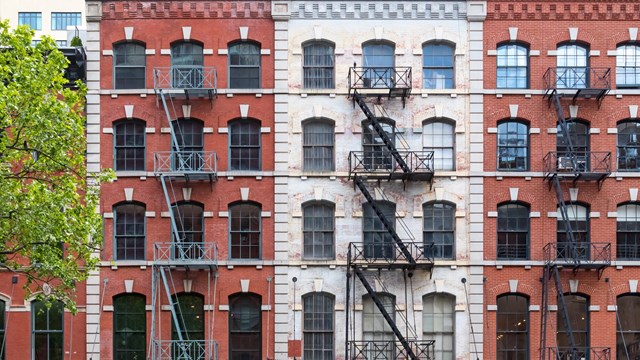

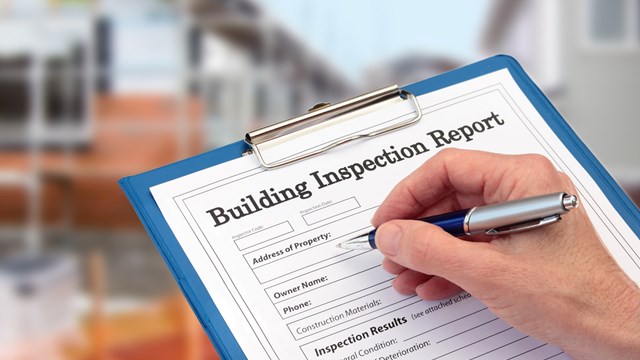
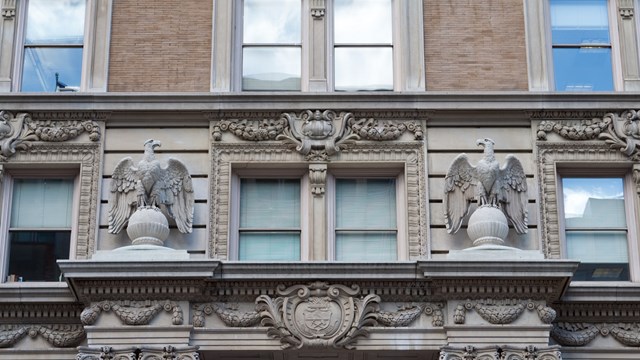
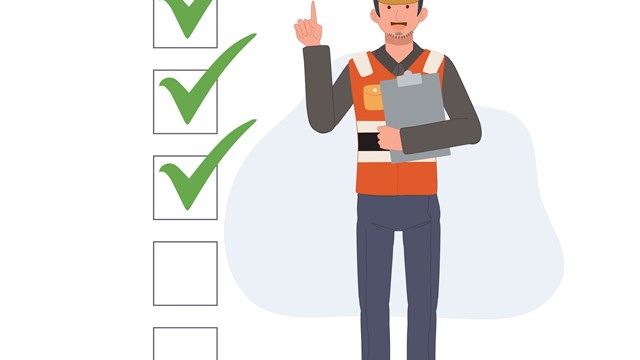
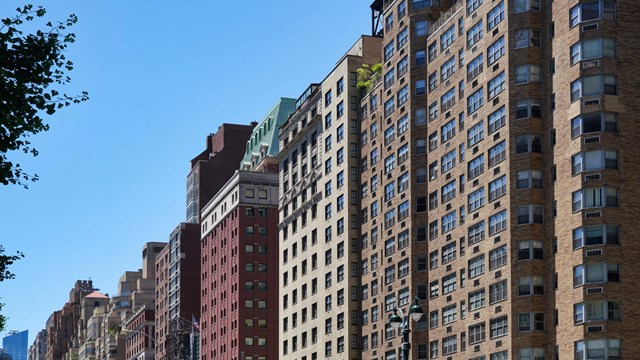
Comments
Leave a Comment